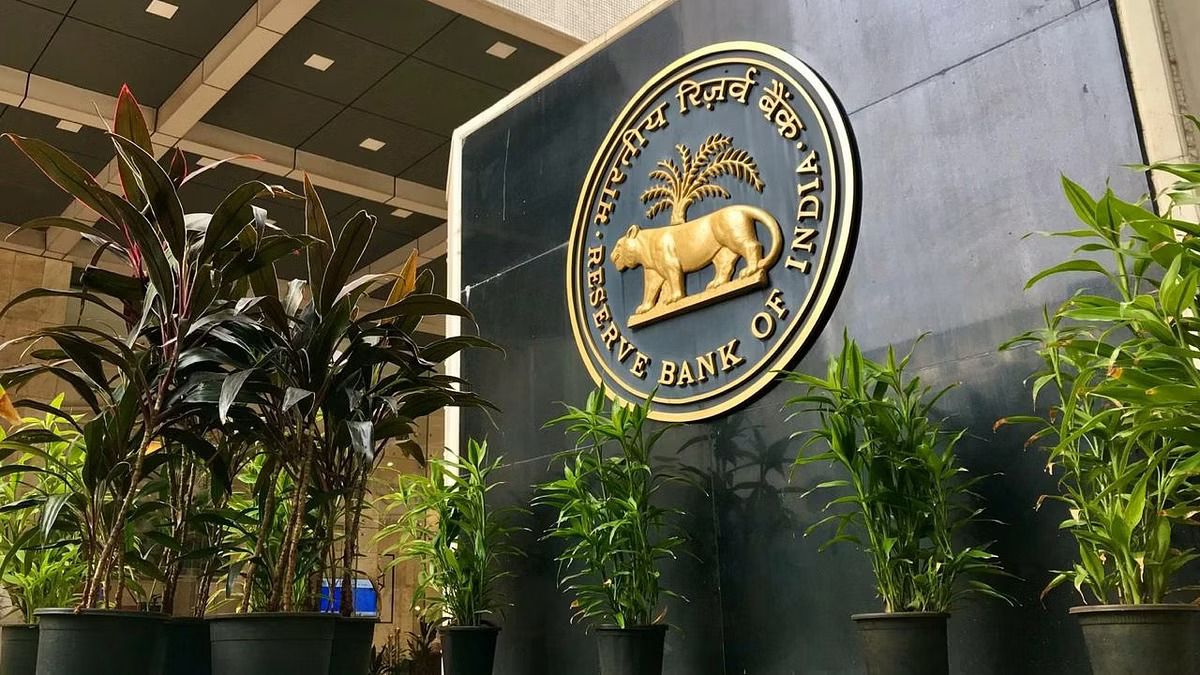About RBI Guidelines on Penal Charges on Loan Accounts
- The norms prohibit commercial banks and finance companies from charging borrowers’ penal rates on loan defaults or any other non-compliance event.
- Under the new rules, penalty, if charged, for non-compliance of the material terms and conditions of the loan contract by the borrower should be treated as ‘penal charges.
- It cannot be levied in the form of ‘penal interest’ that is added to the rate of interest charged on the advances.
- There should be no capitalisation of penal charges; that is no further interest computed on such charges.
- The material terms and conditions will be defined as per the credit policy of the bank, and they may vary from one category of loan to another, and from bank to bank based on their own assessment.
- There is no upper limit or cap for penal charges. However, the guidelines stipulated that the quantum of penal charges would bereasonable and commensurate with the non-compliance without being discriminatory within a particular loan category.
- The guidelines had also mentioned that the penal chargesin the caseof loans sanctioned to individual borrowersfor purposes other than business will not be higher than the penal charges applicable to non-individual borrowers for similar non-compliance.
- Also, in order to prevent banks from imposing arbitrary rates of interest, they are meant to follow a board approved policy on penal charges on similar charges on loans.
- These guidelines will not apply to credit cards, which are covered under product specific directions.
- The key rationale of the guidelines was that the intent of levying penal charges is meant to inculcate a sense of credit discipline, and such charges are not meant to be used as a revenue enhancementtool over and above the contracted rate of interest.
Q1: What are Scheduled Commercial Banks?
A Scheduled Commercial Bank (SCB) is a commercial bank which has been included in the Second Schedule of the Reserve Bank of India Act, 1934 (RBI Act). Conditions for inclusion in the Second Schedule of the RBI Act are as stated in section 42(6)(a) of the RBI Act.
Every SCB enjoys two types of principal facilities: –
- It becomes eligible for debts/loans at the bank rate from the RBI
- It automatically acquires the membership of clearing house. SCBs include Public Sector Banks, Private Sector Banks, Foreign Banks, Regional Rural Banks, Scheduled Payments Banks, Scheduled Small Finance Banks and Scheduled Co-operative Banks.
Source: ET Explainer: What RBI’s norms on penal charges mean for borrowers
Last updated on June, 2025
→ UPSC Notification 2025 was released on 22nd January 2025.
→ UPSC Prelims Result 2025 is out now for the CSE held on 25 May 2025.
→ UPSC Prelims Question Paper 2025 and Unofficial Prelims Answer Key 2025 are available now.
→ UPSC Calendar 2026 is released on 15th May, 2025.
→ The UPSC Vacancy 2025 were released 1129, out of which 979 were for UPSC CSE and remaining 150 are for UPSC IFoS.
→ UPSC Mains 2025 will be conducted on 22nd August 2025.
→ UPSC Prelims 2026 will be conducted on 24th May, 2026 & UPSC Mains 2026 will be conducted on 21st August 2026.
→ The UPSC Selection Process is of 3 stages-Prelims, Mains and Interview.
→ UPSC Result 2024 is released with latest UPSC Marksheet 2024. Check Now!
→ UPSC Toppers List 2024 is released now. Shakti Dubey is UPSC AIR 1 2024 Topper.
→ Also check Best IAS Coaching in Delhi






















